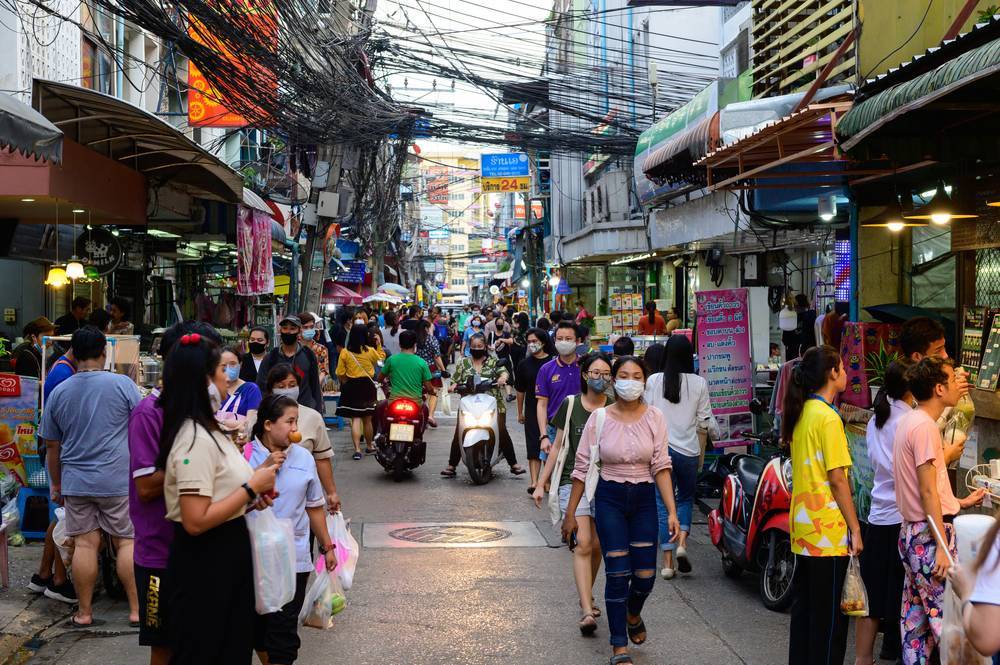The new coronavirus Omicron subvariant EG.5.1, detected in Thailand, Singapore, and Indonesia, has prompted vigilance but not panic across Asian health communities.
Health experts stress that the new variant, while needing monitoring, does not seem to pose a greater threat. Existing healthcare measures and broad immunity continue to provide a strong defence.
Thailand Monitors New Variant Aris
Eight cases of infection by the new coronavirus Omicron EG.5.1 variant, codenamed Aris, have been identified in Thailand. The World Health Organisation (WHO) has marked this variant as “of interest,” without more threat to the public than other known variants.
Dr Wasun Chantratita, leader of the Centre for Medical Genomics at Mahidol University, stated that the new variant spreads around 1% faster than the current dominant variant, XBB.1.66. Though he encourages awareness, he reassures there’s no cause for panic.
Additionally, South Korea has reported a 60% increase in infections over the previous month, tallying 593,023 cases of Aris and 190 fatalities.
Singapore’s Approach to Omicron Subvariant EG.5
About 18% of recent COVID-19 community cases in Singapore have been linked to the EG.5 Omicron subvariant. The WHO’s data does not suggest a significant increase in cases or severity due to this subvariant.
According to the Ministry of Health (MOH), the situation is stable. Weekly cases dropped to around 5,000 from July 23 to July 29, compared to a peak of over 28,000 cases earlier this year. Additionally, new hospitalised cases have declined, as well as deaths related to COVID-19 in June.
The EG.5 Omicron subvariant was first found overseas in February and has been reported in 51 countries. WHO marked it as a variant under monitoring on July 19.
Indonesia Prepares for Aris, the New Subvariant
The Indonesian government is ready to confront the new variant of COVID-19, EG.5.1, nicknamed Aris. It has led to a surge in cases in the UK but is considered similar to other Omicron subvariants.
Coordinating Minister Muhadjir Effendy announced that standard operating procedures are in place to handle new viruses, and 90% of hospitals in Indonesia have specialised facilities for treating infectious diseases.
Epidemiologist Windhu Purnomo noted that Aris has been in Indonesia since March 2023 and in the UK since February 2023. However, Indonesia’s population possesses more than 99% immunity to COVID-19, making Aris less of a concern.
Conclusion: Monitoring without Panic
The detection of the new Omicron subvariant EG.5.1 in Asia has raised attention but not alarm. Health experts and authorities in Thailand, Singapore, and Indonesia emphasise preparedness, monitoring, and reassurance that the variant does not present any unprecedented threats.
However, the situation demands continuous vigilance, as indicated by South Korea’s recent surge in infections. Authorities must remain on guard, ensuring that public health measures and surveillance adapt to the ever-evolving landscape of COVID-19 variants.
This focus on readiness and measured response in the face of new variants underscores the ongoing resilience and adaptability of health systems in the region.

